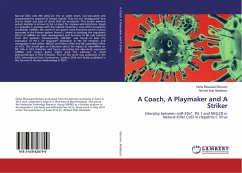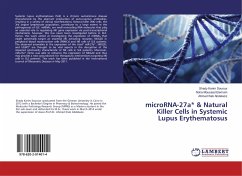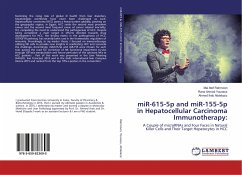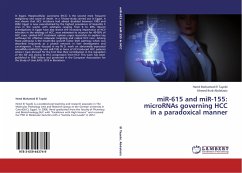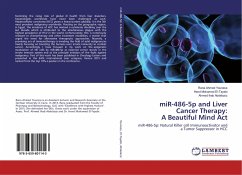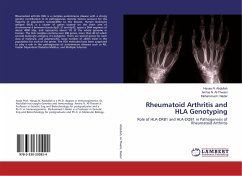Natural killer cells (NK cells) are the so called smart, non-educated cells programmed to respond to danger signals. They are our "bodyguards" that aim to attack any type of stress that we encounter. This innate immune system member is known to be a target for copious viral infections. Egypt is a hepatitis C anomaly with the highest hepatitis C virus (HCV) prevalence worldwide. miRNAs, the coach of our genes, were found to control various processes in the human system. Hence, I aimed at studying the regulatory effect of miRNAs on both development and function of NK cells isolated from HCV patients. Consequently, miR-29a was found to alter the expression of PU.1, an important playmaker in NK cell integrity, and manipulate a vital striker, NKG2D and hence affect the NK cytotolytic effect on HCV. This would give an indication about the impact of microRNAs on NK cells in HCV infection and hence correcting the aberrantly expressed miRNAs and target genes might pave the pathway to novel immunotherapy in HCV infection. Part of this work was presented in the EASL International Liver Conference, London 2014 and finally published in the Journal of Human Immunology in 2015.

